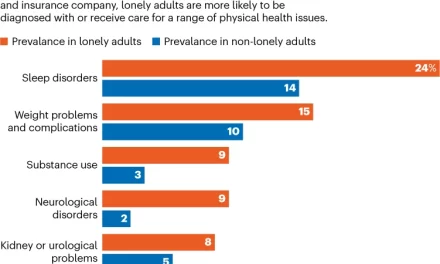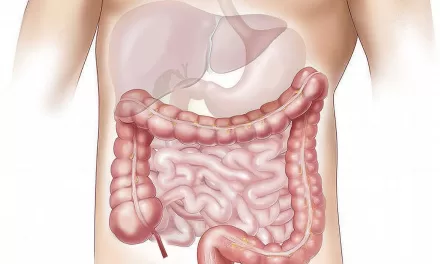A recent study published in JAMA Network Open highlights a pioneering educational initiative at Massachusetts General Hospital (MGH), which has been recognized as the first academic medical center to offer incentivized programs focusing on climate change and environmental sustainability in healthcare. This program has received significant attention from physicians, reflecting a growing interest in understanding the intersection between climate change and health care.
The educational modules, integrated into MGH’s biannual physician quality incentive program, were designed to address several key areas: the impact of fossil fuel-related pollution on health, the healthcare system’s contribution to carbon pollution, and potential strategies to mitigate these effects. The initiative underscores the urgent need to equip clinicians with knowledge about the health implications of climate change and promote sustainable practices within healthcare systems.
According to Dr. Wynne Armand, lead author of the study and an associate director of the Center for the Environment and Health at MGH, “Climate change is a fundamental threat that is recognized by many to be the greatest health crisis humans have ever faced. However, surveys show that the majority of physicians do not feel prepared to address climate change’s impact on health or to take action.”
The study surveyed 2,559 eligible physicians and psychologists, with 94.5% completing the modules. The findings revealed that 73.1% of participants considered the content relevant to their lives, and 65.4% found it pertinent to their clinical practices. Notably, female clinicians were more likely than their male counterparts to regard the education as relevant. Specialties directly affected by climate change, such as emergency medicine, allergy, and primary care, found the training particularly valuable.
Despite overall positive feedback, the study also noted some resistance. Out of the 446 respondents who provided optional comments, 56.1% expressed support for the program, while 36.5% remained neutral and 7.4% were negative. Concerns included the perceived relevance of climate change education compared to patient care and the limited impact of individual clinician actions on broader hospital policies.
Dr. Armand emphasized the importance of tailoring educational strategies to different specialties to enhance engagement and effectiveness. “Our findings indicate that educational strategies should be tailored by specialty to better engage clinicians in learning about climate change’s health effects and ways to mitigate health sector contributions,” she said.
The study concludes that enhancing clinical knowledge on climate change and its health impacts is crucial. The success of MGH’s program suggests that similar efforts across the healthcare sector could play a significant role in addressing the health risks associated with climate change and promoting sustainability within healthcare environments.
For more detailed insights, refer to the study: Clinical Knowledge and Attitudes About Climate Change and Health After a Quality Incentive Program, JAMA Network Open (2024). DOI: 10.1001/jamanetworkopen.2024.26790.












